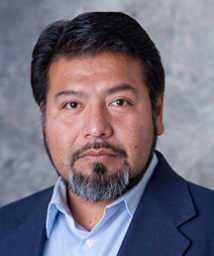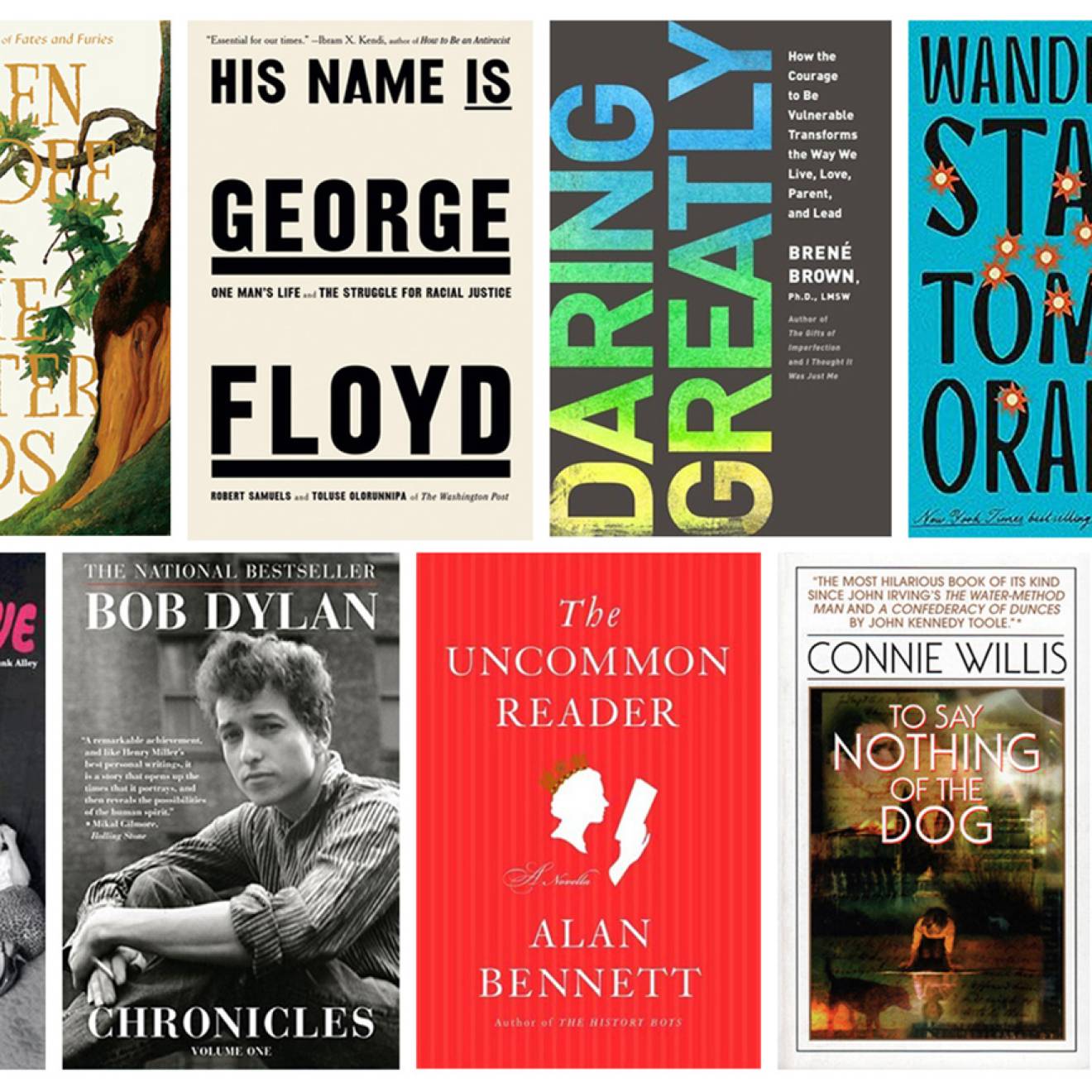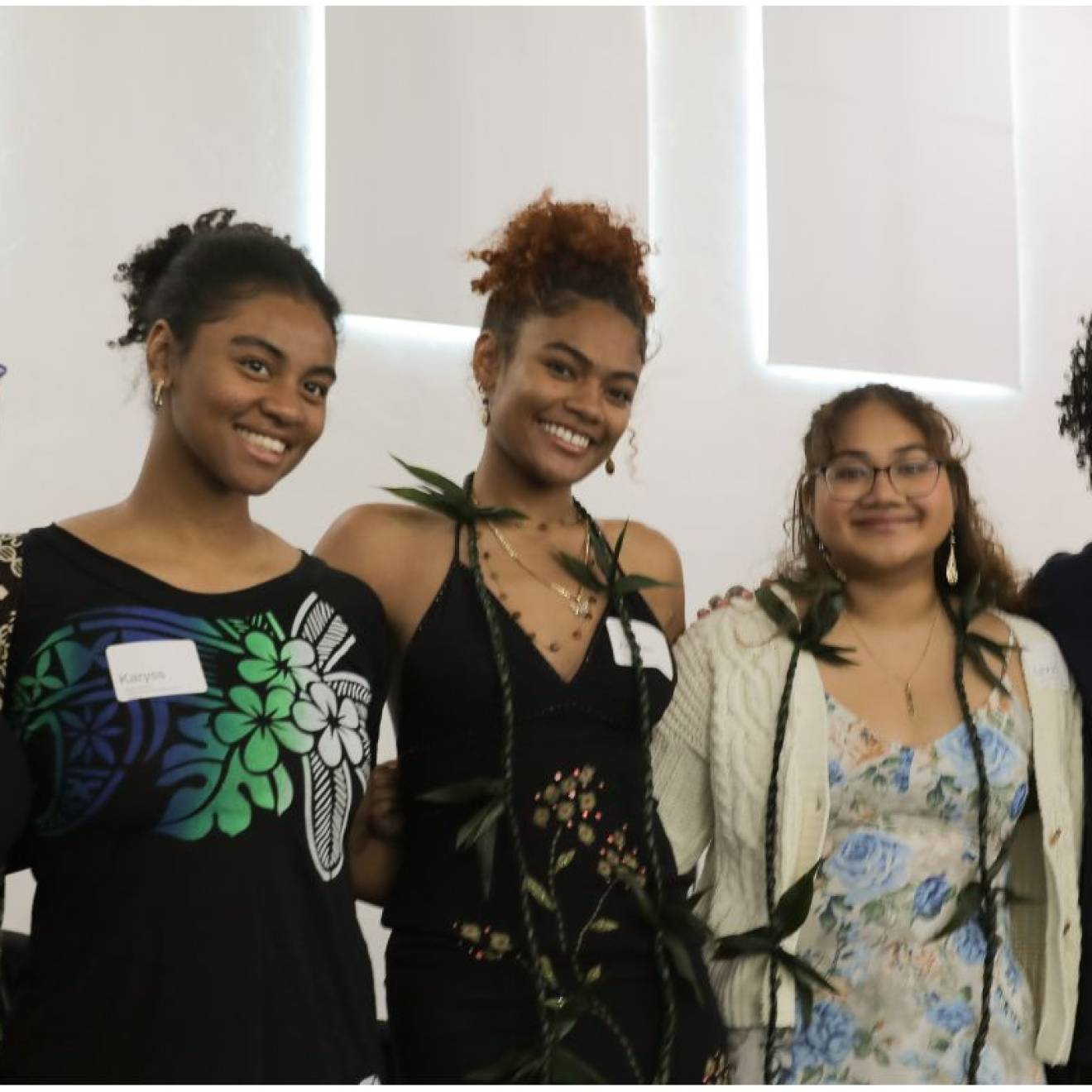Letisia Marquez, UCLA
Gaspar Rivera-Salgado is a project director with the UCLA Center for Labor Research and Education, where he also serves as faculty advisor for the undergraduate minor in labor and workplace studies. He teaches classes on labor studies and works closely with Mexican indigenous communities. Rivera-Salgado recently attended a screening of the new biopic on late labor leader Cesar Chavez, which opens March 28. In this Q&A, Rivera-Salgado shared with writer Letisia Marquez how the movie impressed him and what the filmmakers did and didn’t get right.

Why is this film important?
This is the first biopic of the iconic Chicano labor leader Cesar Chavez. The movie focuses on the first years of the United Farm Workers (UFW) union and touches on some early defining nonviolent campaigns such as the Delano grape strike and boycott (1965-1970), the 1966 march from Delano to Sacramento and the first union contract.
What made the movie particularly interesting to you?
For the past 10 years, my research and writing have focused on the increasing diversity of the agricultural labor force in California. More indigenous migrants from southern Mexico, particularly Mixtec migrants from the state of Oaxaca, are working in fields throughout the state. Because of this, I have collaborated with the UFW to increase the union’s ability to respond to these changes and organize more effectively in the fields. I was fortunate to attend the advance screening of the Cesar Chavez film on campus earlier this month at the James Bridges Theater, an event organized by UCLA Spanish literature professor Hector Calderon. Diego Luna, a Mexican actor and the film’s director; Pablo Cruz, a producer; and UFW President Arturo Rodriguez also attended a panel discussion on the film.
What elements of the movie struck you as accurate?
Most of the film was shot in Hermosillo in the northern Mexican state of Sonora. But the feeling is entirely 1960s rural California down to the grape fields and the barracks where farmworkers live. I think the movie succeeds in portraying a diversity of voices, including the different strategies and personalities of union organizers that surround Chavez, politicians, white liberal allies and other supporting characters. Some of the best lines are spoken by the grower, known as Bogdanovich Senior, who is played by John Malkovich. In one scene, he says, “We do not negotiate [with farm workers]. We dictate the terms.”
Where does the movie miss the mark from a historical perspective?
The movie is a full-length Hollywood drama and not a documentary. It focuses on the UFW’s early years from around 1965 to 1970. It ends on a very high note for the union after they sign their first major union contract. However, following those early victories, the UFW lost a lot of political capital and the moral high ground of the early years. The political terrain remained very hostile in rural California. Republican elected officials dominated the local, state and federal levels for many years and consolidated their power. Also, beginning in the 1970s, the UFW went through a series of internal divisions that led to the departure of many important figures that ultimately weakened the union.
Was there a performance that stood out for you? If so, why?
Michael Peña’s portrayal of Cesar Chavez was very good. I imagine that Chavez was a very difficult character to play. He was a man of many extremes: passionate but soft-spoken; determined but cautious in his decision-making process; calm but with an inner personal rage about people suffering that drove his struggles. So Peña portrays Chavez as very subdued and nuanced. That means that one has to pay a lot of attention to the little details that clue us into how Chavez confronted the many political and personal challenges he faced. I was also struck by the fantastic portrayal of two strong women in the movement — Helen Chavez, who is played by America Ferrera, and Dolores Huerta, the UFW’s co-founder, who is portrayed by Rosario Dawson.
Are there other memorable moments in the film?
A turning point in the movie is when Chavez hesitates to have his National Farm Workers Association group join the Filipino American farmworkers, who have walked out on strike against Delano-area grape growers. His wife, Helen Chavez, pushes him to make a decision in support of the strike by simply declaring “Aren’t we a union?” Indeed, the women in the film — Chavez and Huerta — are very strong characters.
Did the film make you reflect on current-day farmworkers and the conditions they now face?
Absolutely. Sadly, farmworkers today confront some of the same exploitative conditions farm-workers faced during the 1960s when the UFW was formed. Each year, one or two farmworkers die in the fields from heat stroke. Wage theft is still rampant, and there are still farmworkers who don’t have access to water or bathrooms.
If you had to give the movie a grade based on what you know about the subject, how would you rate it?
I would give the movie an 'A’ for portraying in such a forceful way the struggles of farmworkers. It portrays the hopes and dreams of men and women who not only worked hard, but changed the world around them through their exemplary struggle for social justice. We have a new wave of Mexican migrants now — not only coming to the fields of California but to the studios of Hollywood — as film directors such as Luna. And they are reminding Mexican-Americans to remember their roots and heroes.

